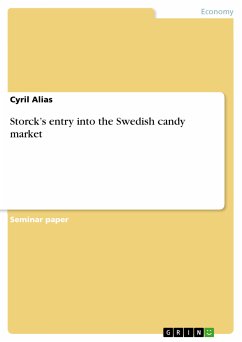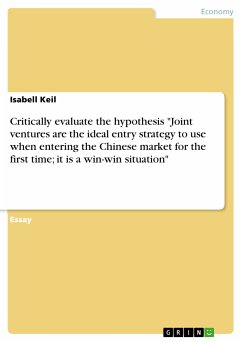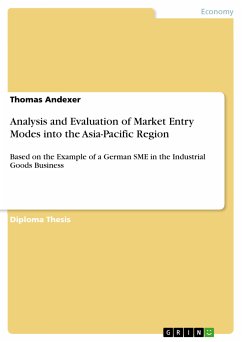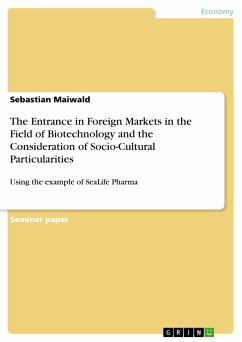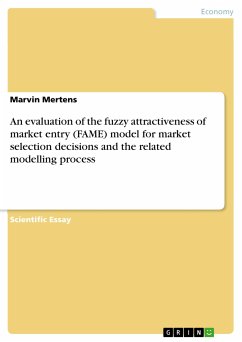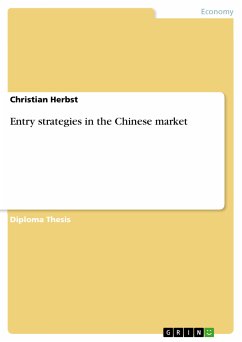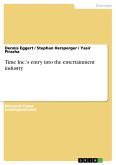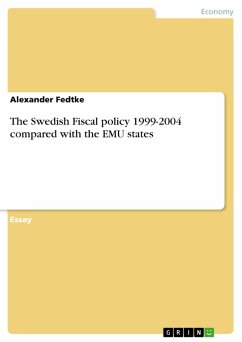Seminar paper from the year 2005 in the subject Business economics - General, grade: 2,3, Hogeschool Rotterdam (Rotterdam Business School) (Hogeschool Rotterdam (Rotterdam Business School)), course: Cross-Cultural Management, language: English, abstract: Storck is a medium-size candy company headquartered in Berlin, Germany. Few years ago, Storck moved there from their original place of foundation, Halle/ Westfalen, Germany, where they still have located a vast majority of the production process. 21 years ago , they actually went international by selling their products, with strong brands domestically, to new markets abroad. These products today are Werther’s Original, Riesen, Campino, Toffifee, merci, and Mamba, among others. In the following analysis, the whole “going international” process shall be simulated with the aim at a perfect internationalization of Storck’s. A focus within this comprehensive procedure will be laid at Storck’s entry into the Swedish candy market. First of all, a strategy formulation will be carried out via both an environmental scan and an internal resource analysis. The environmental scan is put into effect with the help of a PEST analysis in order to identify opportunities and threats awaiting Storck. The internal resources will be analyzed with the object of discovering the company’s strengths and weaknesses. After generally formulating the strategy, goals will be set with regard to Storck’ s strategy and performance in general. To achieve the goals set, the implementation of that strategy should be thoroughly thought through. The perfect implementation of an internationalization strategy manifests itself by choosing the correct entry strategy and the organizational structure most suitable to Storck’s needs. At last, recommendations shall be given to Storck in terms of dealing with internationalization as a medium-size company with limited personnel, knowledge, and financial leeway. Since the home market is exhausted, internationalization makes sense to Storck. Although the foodstuff industry often being equipped with a high national responsiveness, the strategy that should be formulated for Storck’s entry into Sweden should be the international strategy as the need for global integration is low, so is the one for national responsiveness. Storck is right at the beginning of its internationalization, therefore the first entry strategy should be an import and export facility, whose main advantage is the perfect suitability to SMEs because of the “minimum of investment” required. But this means also a strong need for trustworthy foreign distributors. For the case of Sweden, this may not be a problematic issue as the legal surroundings are safe.

